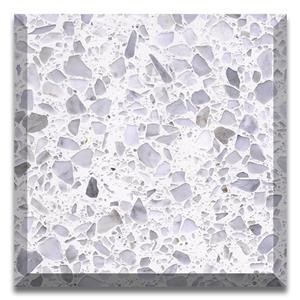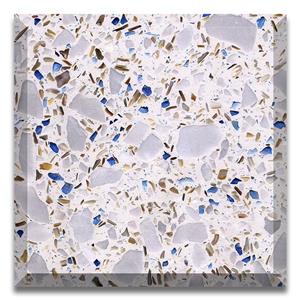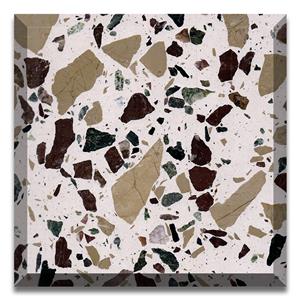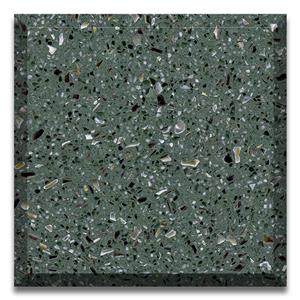How to Clean Quartz Countertops: Professional Insights
How to Clean Quartz Countertops: Professional Insights
Quartz countertops have rapidly become a dominant surface choice in residential and commercial interiors. Unlike natural stones that absorb liquids, manufacturers make quartz by mixing crushed quartz with resins and color.
This creates a solid, non-porous surface that is strong, consistent, and versatile. For professionals—architects, contractors, and stone suppliers—understanding how to clean quartz countertops is vital.
Knowing how to care for quartz helps extend its lifespan and gives clients confidence when choosing it for kitchens, bathrooms, and hotels.
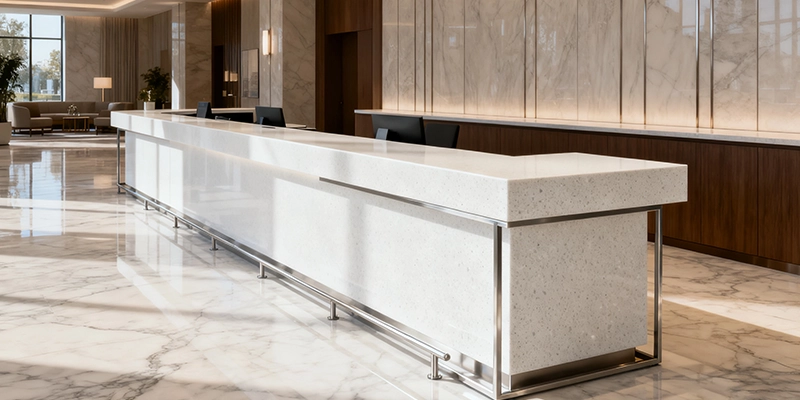
Why Quartz Countertops Stand Out
The engineered design of quartz eliminates many of the challenges seen in natural stone. A quartz countertop slab offers consistent coloration, controlled veining, and strong mechanical properties. Unlike granite, which requires periodic sealing, quartz offers built-in stain resistance.
Among the most requested options are white quartz countertops. Their clean aesthetic aligns with modern minimalist and luxury interiors. Designers like white quartz because it pairs well with wood, steel, and marble. Contractors prefer it for its strength and easy upkeep.
In the debate of quartz vs granite countertops, quartz often comes out ahead. Granite appeals with unique veining, but its porosity and sealing requirements make it less predictable. Quartz offers a consistent look and dependable quality, which is important for large projects like hotels, labs, and busy public areas.
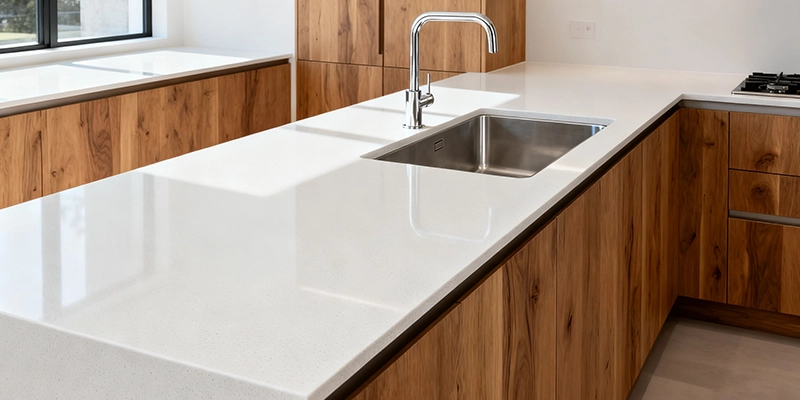
Professional Cleaning Guidelines
While quartz is resilient, improper care can compromise its finish. Industry experts should guide clients toward precise routines:
Daily Cleaning
Use mild dish soap and warm water with a microfiber cloth. This avoids the buildup of greasy residues
while preserving the polished surface. Do not use abrasive pads because they create fine scratches on the surface.
Stain Treatment
Although non-porous, quartz can hold surface stains from coffee, wine, or turmeric if not removed quickly.
Professionals should recommend pH-balanced cleaners designed for engineered stone. For persistent stains,
diluted isopropyl alcohol (50/50 with water) works effectively without harming the resin.
Heat Awareness
Resin binders in quartz cannot tolerate excessive thermal shock. Always advise clients to use trivets or pads
for hot cookware. Unlike granite, quartz can sQuartz can suffer color fading or stains under high temperatures.
Chemical Safety
Strong alkaline or acidic chemicals—bleach, oven cleaner, paint remover—can degrade quartz surfaces.
Disinfectants containing quaternary ammonium compounds are preferred for commercial settings.
Surface Renewal
Unlike natural stone that can be re-polished extensively, quartz requires gentle, resin-safe polish compounds.
Heavy buffing should be avoided except in manufacturer-controlled environments.
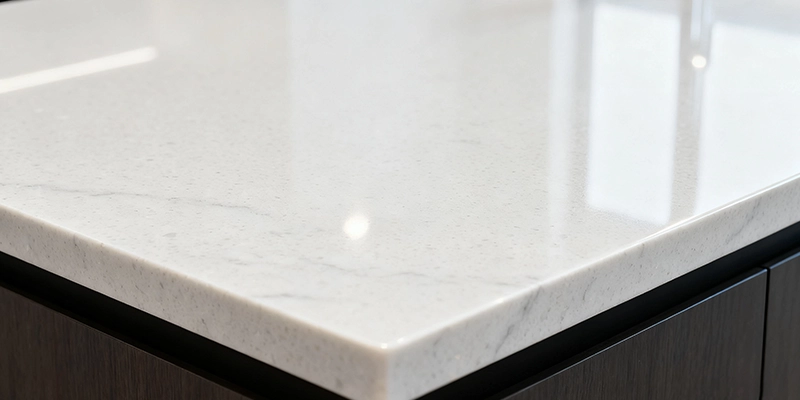
Advanced Considerations for Professionals
Large Slabs and Joints: For projects requiring seamless installations, slab quartz allows expansive coverage.
Educating clients on cleaning joints is important to prevent long-term color fading.
Commercial Use: In restaurants, healthcare, or labs, cleaning protocols must balance sanitation with surface
safety. Professionals should guide clients toward approved non-corrosive disinfectants.
Finish Selection: Polished quartz offers high shine but shows smudges more readily. Honed finishes hide streaks
but may require more consistent cleaning.
Client Communication: Many end-users assume quartz is “maintenance-free.” Clarifying that it is
“low maintenance, not zero maintenance” helps set accurate expectations.
Quartz vs Granite: Cost and Maintenance
A decade-long maintenance analysis shows quartz requires significantly fewer interventions compared to granite. Granite demands sealing and more frequent stain management, while quartz avoids these costs. Over time, quartz saves both money and effort, especially in commercial projects where a clean, reliable surface is essential.
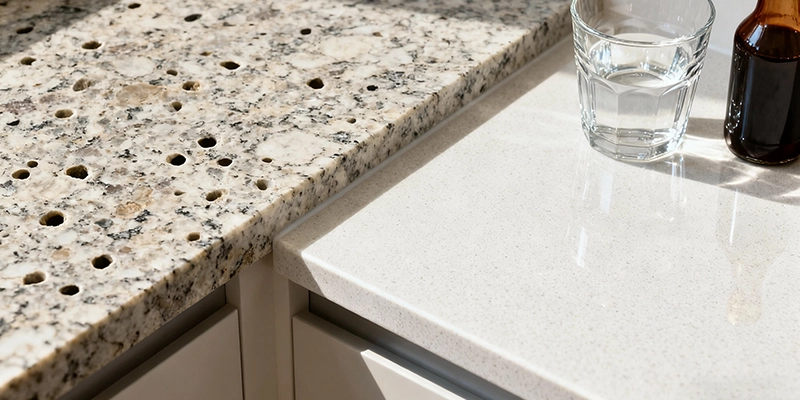
Recommendations for Long-Term Value
Encourage daily mild cleaning with microfiber cloths.
Warn against direct heat exposure to preserve resin stability.
Suggest quartz-safe stain removal methods for white surfaces.
Provide detailed guidance when specifying quartz countertop slabs for large projects.
Position quartz strategically when clients weigh quartz vs granite countertops.
Conclusion
For designers and builders, quartz is more than a material—it is a crafted solution that combines
beauty, strength,and efficiency. Knowing how to clean quartz countertops is part of ensuring their
long-term value.
From maintaining white quartz countertops in luxury homes to guiding commercial clients sourcing
quartz countertop slabs,professionals must deliver informed, practical cleaning protocols. By doing so,
they preserve the aesthetic integrity, functional reliability, and investment worth of every installation.



